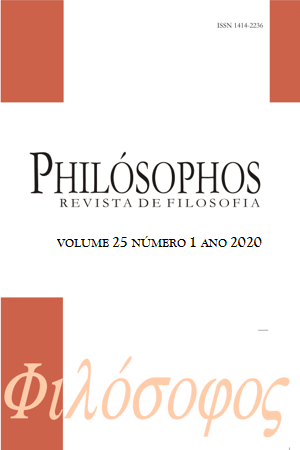The origins Of Wittgenstein’s Philosophical Remarks: On Ts 208 And Ts 209
DOI:
https://doi.org/10.5216/phi.v25i1.62274Abstract
According to Rush Rhees, Wittgenstein composed TS 209 (Philosophical Remarks) and handed it in to Russell in order to renew a grant from the Cambridge Council Cambridge in April-May 1930. Pichler (1994, 2009) and Rothhaupt (2010) challenged Rhees’ hypothesis, and claimed that Wittgenstein handed in TS 208 to Russell, and not TS 209. Against their view, I argue that Rhees’ hypothesis best explains the major motive for the composition of Philosophical Remarks, and that it best explains what Wittgenstein handed in to Russell. While I give six reasons in favor of Rhees, I also try to explain how Russell, Moore, Littlewood, Schlick, and Waismann are linked with the composition of TS 208 and TS 209.
Downloads
Downloads
Published
How to Cite
Issue
Section
License
Authors who publish in this journal agree to the following terms:
- Authors retain copyright and grant the journal right of first publication, with the work simultaneously licensed under a Creative Commons Attribution License that allows others to share the work with an acknowledgement of the work's authorship and initial publication in this journal.
- Authors are authorized to enter into separate, additional contractual arrangements for the non-exclusive distribution of the journal's published version of the work (e.g., publishing in an institutional repository or as a book chapter), with an acknowledgement of its authorship and initial publication in this journal.















